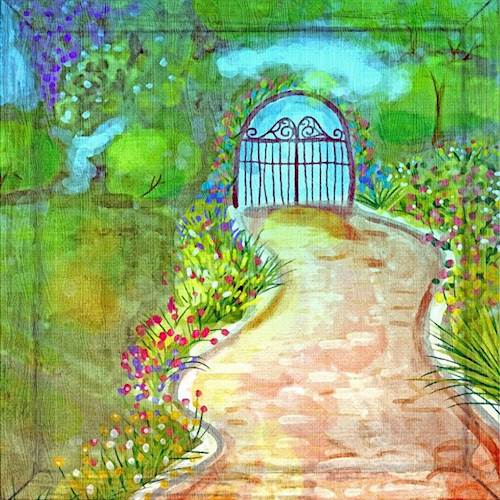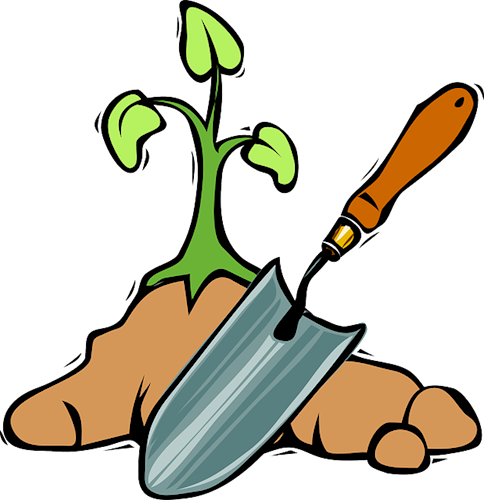

If you’re looking for some hands-on activities to study earth and life science, head out to a garden. It’s a living lab that affords all kinds of opportunities to observe science concepts in the natural world, such as:
interdependence in an environment
life cycles and changes
adaptations and biodiversity
human impact on the environment.
While in the field, kids also get a chance to be the scientists by asking questions, making observations, and coming up with explanations for what they see based on evidence. They can define problems they may encounter in a garden (eg. a plant-damaging pest), and gather additional information to brainstorm solutions.
For an idea of the kinds of investigations that can be done in a garden, visit LifeLab, a Santa Cruz-based non-profit organization that hosts field trips and summer camps at their garden classroom. Or go online to download their free garden exploration units for grades 1 - 4. Each unit - Pondering Plants, Soil Stories, Garden Pollinators, and Garden Habitats - includes six lessons.
Additional free resources available at the LifeLab site:
Here are some more ideas from KidsGardening,
Nature Works Everywhere has free downloads for a variety of gardening lesson plans and videos, including, How Dirt Works, and activity guides on Habitats, Living Systems, Soil, Water, Food and Carbon, and others. These guides and others can be found on their Resources page.
Check out these garden activities grades for grades K - 8.

Free Worksheets
Click into these free resources:
Plant a Garden Science and Writing Activity
Ag-Bites: Activities About Agriculture
Free Readers

A weekly series of physical science lessons for grades 6 - 8, each issue includes current events, biographical spotlights, labs with experiments that reinforce the concept being taught, articles about noteworthy technology, and crossword puzzles.
Download the Issues:
Week 1 - Scientific Inquiry An overview of scientific inquiry, including formulating questions, forming hypotheses and carrying out experiments.
Week 2 - Properties of Matter Explores the physical and chemical properties of matter.
Week 3 - Changing Matter Discusses how matter can be changed from one state to another and how it can be combined physically or chemically.
Week 4 - Force Explores both contact and non-contact forces; discusses inertia and weightlessness in space.
Week 5 - Motion Discusses the motion of objects, including speed, velocity and acceleration.
Week 6 - Energy Explores both kinetic and potential energy, as well as forms of energy including heat, light, electrical, chemical and nuclear.
Week 7 - Energy Transformation Examines ways energy is transformed from one form to another and the flow of energy in systems; discusses the laws of thermodynamics.
Week 8 - Light and Sound Explores light and sound energy and describes characteristics of waves.
Week 9 - Machines Discusses both simple and compound machines and how machines help people do work.
Week 10 - Engineering Explores design, invention and innovation; discusses scale and models.
Comments